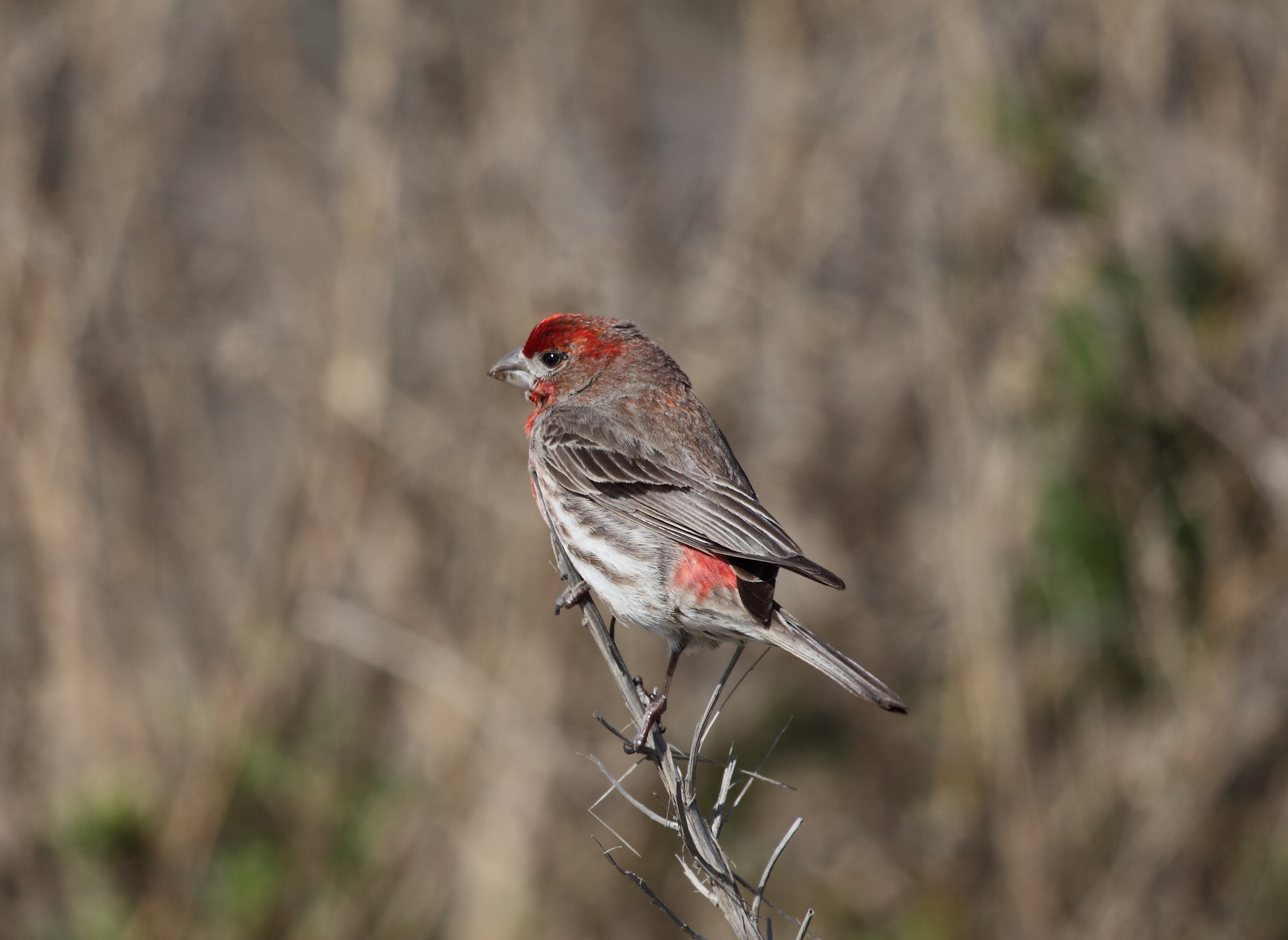 |
| source: Wikimedia Commons user Basar. |
The team found that cigarette fibers had a detrimental effect to mites, but only the fibers from used cigarettes. This suggested that perhaps it's nicotine that repels mites, since nicotine is only released during burning. But Macías Garcia wasn't certain whether or not the birds use cigarettes wittingly in order to deter parasites. “One possibility is that the birds are using the cellulose from smoked cigarettes for its thermal properties, as a substitute for other materials such as feathers, down or fur.”
He followed up his research with a new study, which suggests that this practice can also be harmful to chicks, causing them to have a greater risk of chromosomal abnormalities.
Used cigarettes thrown on the ground have a bad habit of staying there. Cellulose acetate, a plastic and the main ingredient of cigarette filters, is not really biodegradable. Fortunately UV rays from the Sun can degrade the filters but still, it can take from 18 months to up to 10 years for a cigarette butt to degrade, during which it can continually leak unpleasant chemicals to the environment.
Littering of cigarette butts is not only causing problems for birds, but for other wildlife and even for young children, who not knowing any better, may carelessly pick them up and eat them. The dangers of cigarette butts leaking toxins into aquatic environments is also known. Japanese rice fish exhibited developmental problems and behavioral changes after exposed to chemicals from cigarettes. Sea turtles have been reported to ingest littered filters. Cigarette butts, namely the ingredients nicotine and ethylphenol, are shown to be toxic to water fleas and marine bacteria.
A cigarette butt will rapidly release its nicotine when exposed to water. One butt can contaminate 1000 L of water to concentrations above the predicted no-effect concentration (PNEC). Therefore the water quality around urban areas can be jeopardized by the usually large amounts of littering of cigarette butts occurring there.







0 comments:
Post a Comment